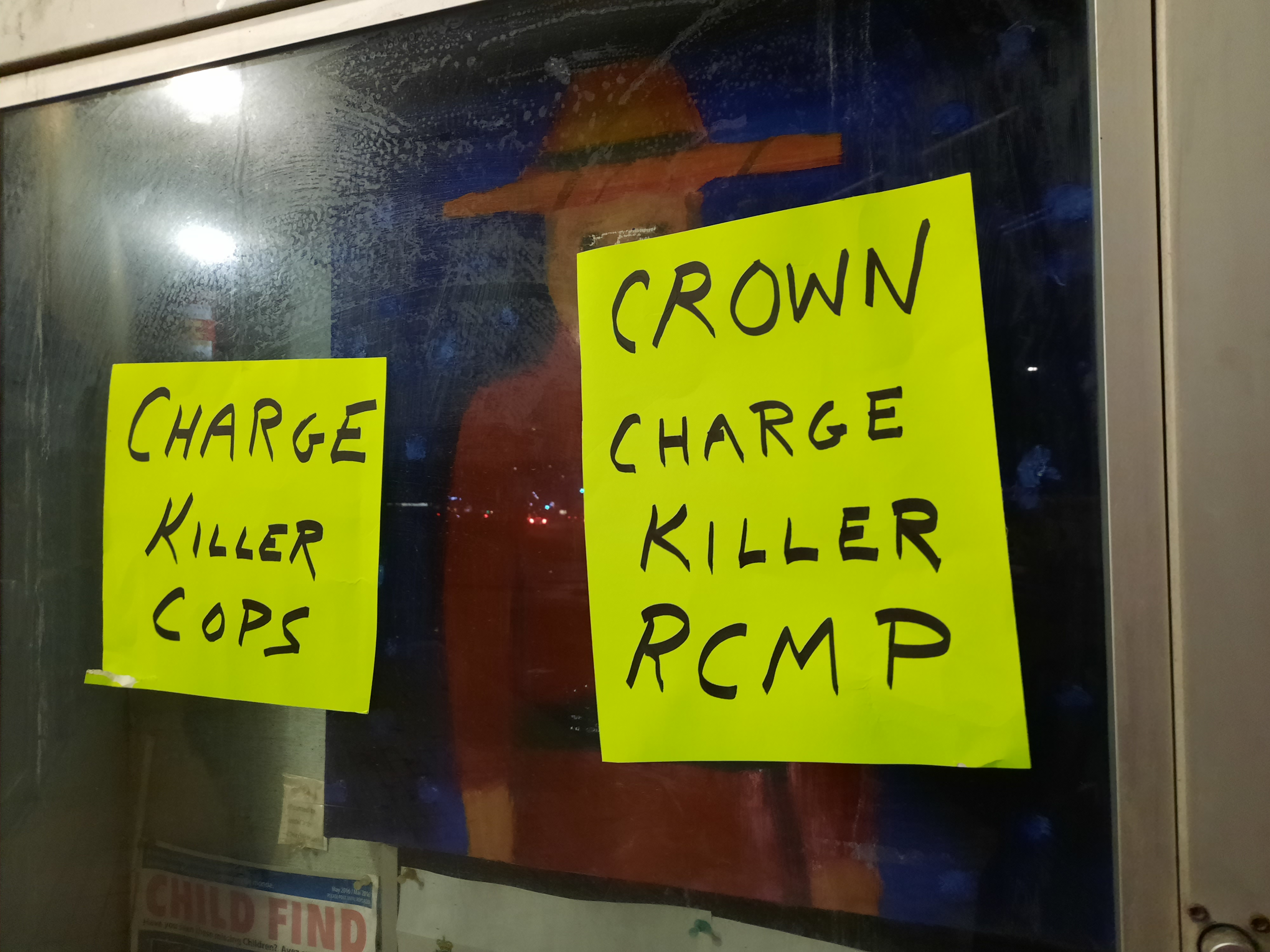Police Killings and Unaccountability

Communities still know too little about police killings in Canada. There remains no official database or formal and consistent documentation and reporting process covering all police forces across the country. That onerous work is left to families of victims, community advocates, and criminologists.
My own tracking of police killings, based on oversight agencies, police communications, media reports, and, in some cases family reporting documented at least 117 police-involved deaths in 2022. In 2021 there were at least 104. In 2022, Ontario’s Special Investigations Unit (SIU) publicly reported 12 firearm deaths, 14 in-custody deaths, four vehicle deaths, and one death listed as “other.” This followed 2021, during which the SIU publicly reported 11 firearms deaths, 34 in-custody deaths, 10 vehicular deaths, and five deaths listed as “other.”
Other attempts at documentation focus on lethal force instances, such as shootings, so they do not include instances in which people die in police encounters, whether falls by people in distress or in-custody deaths, so they are significant undercounts. The CBC Deadly Force site (2000-2020) excludes in-custody deaths and deaths in police pursuits, for example. We have very little information about people who die after a police encounter, following release from custody, or due to injuries from a police encounter. These may be unknown to police, and not reported as police-involved.
Families and loved ones, already victimized by the taking of a loved one’s life, are often re-traumatized by oversight practices that they find marginalizing, excluding, lacking transparency, and often uncommunicative. And in the end, there are few consequences for the officers responsible.
No Accountability
Between 2000 and 2017, of the hundreds of instances where a police officer killed a civilian in Canada, less than four percent resulted in charges, and out of the 18 charges laid, only two resulted in convictions. A 2020 report found that across Canada, charges were laid or forwarded to Crown prosecutors for consideration in only three to nine per cent of the cases undertaken by the provincial agencies. In 2019, the SIU closed 363 cases, and laid charges in just 13. BC‘s Independent Investigations Office (IIO) has a similar record. Of 127 investigations in 2018-19, it referred three cases for potential charges to the Crown.
The SIU’s latest report noted that 2021-2022 was the busiest in the history of the agency, with investigation files opened in 430 cases—a 10 percent increase from the previous year’s 390 cases. Criminal charges were laid by the SIU Director in 14 cases, against a total of 14 officers.
Problems of Oversight
There is no police oversight in Canada as families and communities envision it, and as they need it. Policing occupies a privileged position under capitalism, with its role in maintaining conditions of private property, labour markets, and profit. Beyond that, police officers, forces and associations, obstruct, harass, and refuse to cooperate with investigations.
Many investigators within these civilian organizations are former police officers themselves – in BC half of the IIO investigators are former police officers. A Canadian Press review found that of the 167 members involved in investigative units across Canada, 111 were former police officers.
Police have mobilized media to put focus on recent killings of officers, and used this for political purposes—namely to call for tougher laws and more restrictive bail conditions. In 2022, there were six on-duty police deaths (four in Ontario). In 2021, there were two (one in Ontario), and in 2020 there were three (one in Ontario). These numbers are fairly representative, even if you go back decades (when the population in Canada was much smaller). In 1992 there were six and in 2002 also six. Between 1961 and 2009, Ontario had a lower rate of killings of police than all but five provinces and territories. These numbers are nowhere near the numbers of people killed by police each year. There were almost as many police-involved deaths last year alone as the 133 police officers killed in the line of duty over decades between 1961 and 2009.
*This is an extended version of an article that first appeared in The Grind.

